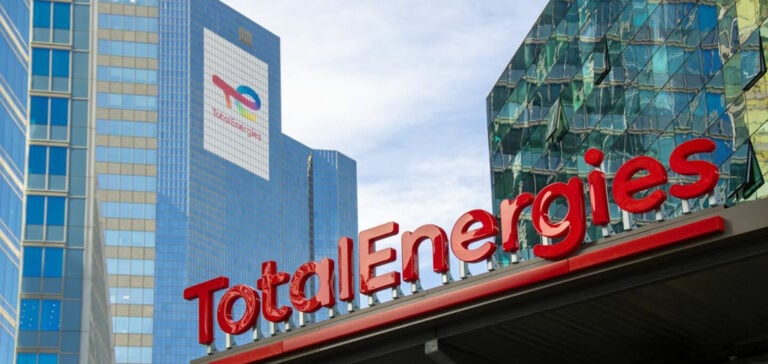A lawsuit against TotalEnergies has been filed by seven families of victims of a bloody jihadist attack in Palma, Mozambique, in March 2021. The reason given was “manslaughter and failure to assist a person in danger”. At the time, the French oil giant, still known as Total, was carrying out a gas mega-project in the region. In this article, we will examine the details of this complaint and the charges of negligence against TotalEnergies.
The Palma attack
The Palma attack, claimed by the Islamic State group, began on March 24, 2021 and lasted several days. It resulted in an as yet undetermined number of casualties among the local population and TotalEnergies subcontractors. While the Mozambican authorities put the death toll at around 30, an independent investigation by journalist Alexander Perry revealed a much higher figure, with 1,402 civilians dead or missing, including 55 subcontractors.
Many of these subcontractors had taken refuge in the Amarula Lodge, a hotel on the outskirts of the town, which was besieged for several days by the jihadists. At least seven people were killed trying to escape in a convoy. At the time, Total was carrying out a mega-project, Mozambique LNG, aimed at exploiting a huge natural gas deposit and located some ten kilometers from the center of Palma. The attack led to the suspension of this project, representing a total investment of $20 billion. TotalEnergies CEO Patrick Pouyanné recently expressed his hope of relaunching the project before the end of the year.
Accusations of negligence
The plaintiffs accuse TotalEnergies of negligence in risk assessment, despite Patrick Pouyanné’s public statements that safety was a priority for the company. The complaint is based on two ex-post reports by risk consulting firms, which revealed a lack of preventive measures. The plaintiffs argue that the danger was known, as several villages had already been attacked in the past, and the jihadist threat was real. By 2019, TotalEnergies’ competitor ExxonMobil had given up investing in the project and repatriated its staff.
With regard to “failure to assist in danger”, TotalEnergies is accused of refusing to supply fuel to a private South African military company, which had begun evacuating people from Amarula Lodge by helicopter. The company had to suspend evacuations due to a lack of fuel.
Regional context and implications
The Palma attack marked a major intensification in the guerrilla war launched in 2017 by local jihadist groups, known as al-Shabab. Fighting has since claimed several thousand lives and displaced hundreds of thousands in the gas-rich province of Cabo Delgado. Since July 2021, thousands of troops from Rwanda and the Southern African Development Community have been deployed in support of the Mozambican army, helping to regain control of large parts of Cabo Delgado.
This is the second criminal complaint against the French oil giant in the space of a few days. On October 2, four environmental associations lodged a complaint against the Group and its EACOP oil project in Tanzania and Uganda on climate change-related charges.
Final Analysis
The complaint against TotalEnergies concerning the jihadist attack in Palma in 2021 raises crucial questions about the company’s responsibility for the safety of its subcontractors and risk assessment. The plaintiffs accuse the company of neglecting these aspects, despite pre-existing signs of danger. This case illustrates the importance of safety diligence in corporate operations in high-risk areas.
It also highlights the serious and tragic consequences of conflict in resource-rich regions, where economic interests can conflict with the security of local populations. The outcome of this complaint could have important implications for corporate liability in such situations.
This case also highlights the growing importance of environmental and safety issues in the energy sector, as illustrated by the recent complaint relating to the EACOP oil project. Companies in the sector need to be aware of their impact on the environment and safety, and take appropriate measures to mitigate it.
Ultimately, this complaint against TotalEnergies illustrates the complex challenges faced by companies operating in sensitive economic and energy contexts.






















